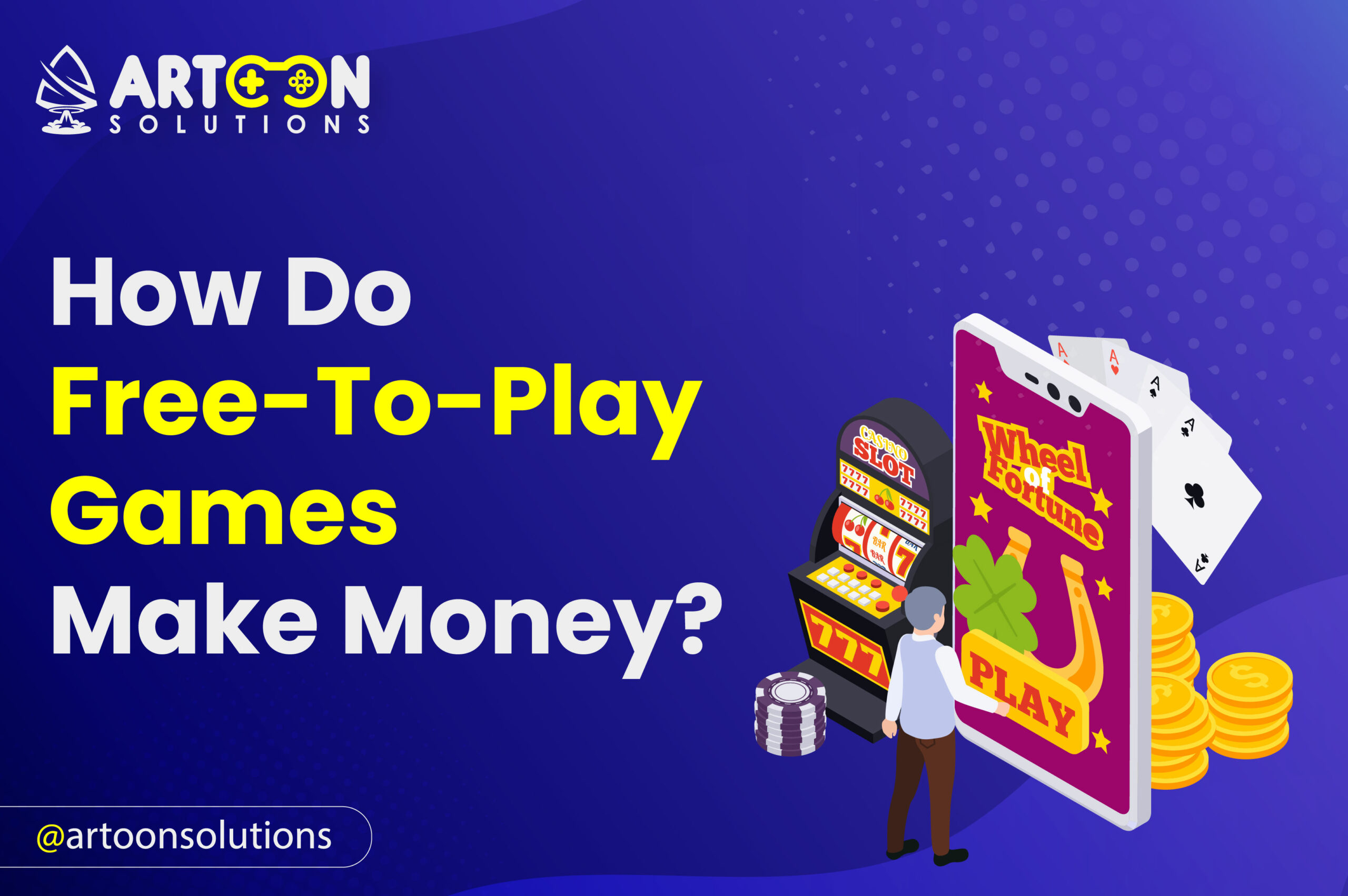How Play-to-Earn Games Are Transforming the Video Gaming Sector

Recognizing Play-to-Earn Mechanics
The play-to-earn model has become a cutting edge principle within the video gaming market, essentially modifying the partnership in between players and the games they engage with. This model allows gamers to earn tangible rewards, typically in the type of cryptocurrencies or non-fungible tokens (NFTs), with their in-game tasks. Unlike traditional gaming frameworks that generally monetize via subscription fees or single acquisitions, play-to-earn video games incentivize gamer participation by directly connecting gameplay success to real-world worth.
At the core of play-to-earn auto mechanics is the combination of blockchain technology, which guarantees transparency and provable ownership of in-game properties. Players can purchase, sell, or trade these properties in decentralized markets, encouraging them with financial firm previously unseen in conventional gaming environments. Each gamer's payment to the game ecosystem-- be it via skillful play, calculated trading, or neighborhood participation-- boosts the total gaming experience while supplying them a possibility to produce income.
As players spend time and resources, they not just deepen their engagement with the game yet likewise cultivate a vibrant economic climate that reflects their cumulative initiatives (play and earn rewards). This change of gameplay right into a monetizable venture is improving both player motivation and game design
Economic Effect On Players

Moreover, play-to-earn versions equalize access to financial benefits. Gamers from differing socio-economic backgrounds can get involved and potentially earn considerable income, linking spaces that exist in conventional work markets. This paradigm shift fosters economic self-reliance, particularly in areas where work chances may be restricted.
Additionally, the intro of online economic situations permits players to construct riches via critical investments in in-game assets, which can appreciate over time. This has actually resulted in the emergence of a brand-new course of gamers who come close to play-to-earn as a major income-generating task, often bring about the reinvestment of profits right into the gaming environment itself. Inevitably, the financial effect on gamers is profound, as they browse a landscape where leisure and resources merge.
The Role of Blockchain Modern Technology
What makes blockchain technology a foundation of play-to-earn video games is its capacity to provide decentralization, security, and transparency. By using a distributed ledger system, blockchain makes sure that all purchases within the video game are recorded in an immutable fashion, allowing gamers to confirm possession of in-game properties without relying upon a main authority. This openness promotes trust amongst players, as they can independently validate the scarcity and provenance of digital items, boosting their value.
Additionally, blockchain modern technology browse this site encourages gamers via decentralization, enabling them to take part in peer-to-peer deals. Players are no longer restricted to in-game economic situations controlled by designers; instead, they can trade, sell, or lease their assets openly in open markets. This shift not only enhances the overall liquidity of digital properties however additionally motivates more meaningful gamer involvement, as customers can directly take advantage of their effort and time invested in the game.
In addition, blockchain promotes the creation of clever agreements, which automate different in-game processes, from incentives circulation to governance mechanisms. play and earn rewards. This development reduces the threat of scams and guarantees fair game, additional solidifying blockchain's indispensable duty in the development of play-to-earn pc gaming
Obstacles and Criticisms
Frequently, play-to-earn video games encounter considerable challenges and objections that can hinder their development and acceptance within the broader gaming neighborhood. One primary problem is the capacity for a speculative bubble, where the worth of in-game possessions can rise and fall dramatically, leading to economic losses for players. This volatility weakens the stability that traditional video gaming settings commonly offer.
In addition, the combination of blockchain modern official source technology typically questions about ecological sustainability. The power usage connected with certain blockchain networks has stimulated arguments relating to the environmental influence of these games. Critics say that the carbon footprint produced by play-to-earn systems can deter eco-conscious players.
Furthermore, there are problems about ease of access and inclusivity. Several play-to-earn video games require gamers to spend substantial upfront funding to get required properties, creating barriers for those with limited monetary sources. This model can accidentally develop a divide in between wealthier gamers and those who can not afford to take part.
Future Trends in Gaming
As the gaming market continues to advance, numerous future fads are arising that guarantee to improve the landscape of play-to-earn video games and past. One considerable trend is the enhancing integration of blockchain technology, which enhances transparency and security in purchases. This will likely bring about higher count on among players, urging bigger fostering of play-to-earn models.
In addition, the surge of non-fungible symbols (NFTs) is readied to transform digital possession, allowing gamers to genuinely have in-game assets. This change will article not only encourage gamers however also develop new financial chances within the virtual community. The convergence of gaming with other sectors, such as social media and decentralized financing (DeFi), is anticipated to promote cutting-edge gameplay auto mechanics and monetization methods.
Moreover, innovations in expert system and artificial intelligence will allow extra customized gaming experiences, accommodating individual player choices and boosting engagement. The expanding emphasis on community-driven advancement will likely affect game style, as gamers significantly participate in shaping their video gaming atmospheres. Collectively, these fads show a transformative future for the pc gaming industry, where play-to-earn models will play a main role in redefining gamer communication and worth creation.
Conclusion
Finally, play-to-earn video games represent a considerable change in the pc gaming industry, fostering economic chances with ingenious auto mechanics that utilize blockchain technology. This model not only equalizes accessibility to economic advantages for players from various socio-economic backgrounds but also urges area involvement and empowerment. Regardless of facing challenges and criticisms, the capacity for future innovations recommends that play-to-earn games will remain to form the pc gaming landscape, providing new avenues for wide range production and gamer involvement.
The development of play-to-earn video games represents a significant change in the video gaming market, reshaping the connection between players and the digital economy (play and earn rewards).The play-to-earn version has actually arised as an innovative concept within the pc gaming market, fundamentally modifying the connection in between players and the video games they involve with. Unlike conventional pc gaming structures that normally generate income from through registration charges or one-time acquisitions, play-to-earn games incentivize gamer involvement by straight linking gameplay achievements to real-world worth
These innovative video gaming platforms empower gamers to generate real-world earnings through their in-game tasks, thereby transforming the traditional concept of pc gaming from a simple activity into a sensible economic chance. Despite dealing with objections and challenges, the possibility for future developments recommends that play-to-earn games will proceed to form the video gaming landscape, supplying new opportunities for wide range development and gamer involvement.
Comments on “How Play to Earn Games Are Creating Opportunities for Gamers to Profit”